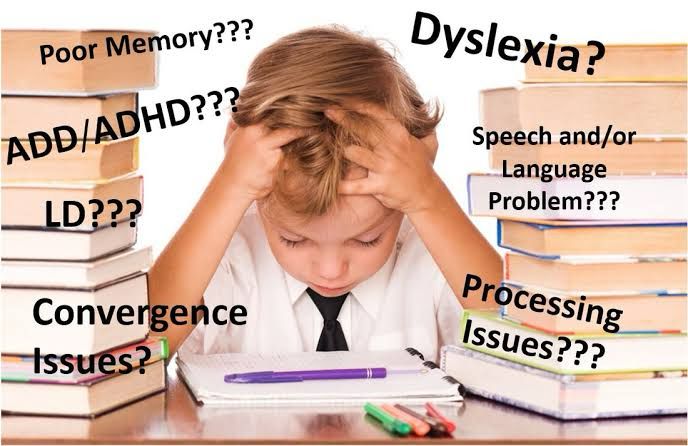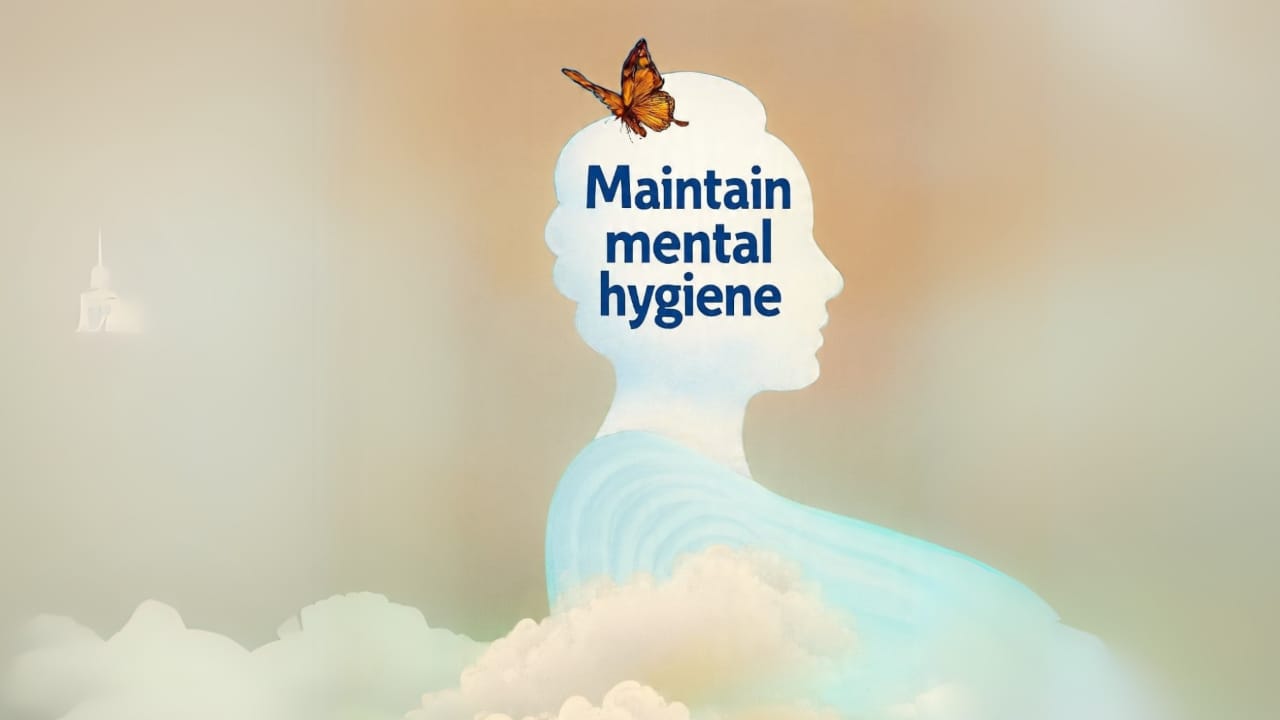As a psychologist and a mother myself, I have seen firsthand how learning difficulties can challenge not just the children but also the parents and teachers who genuinely want to nurture their potential. I remember a young boy named Arjun, who struggled with reading and writing, often feeling frustrated and overwhelmed by what seemed like simple tasks. Watching him withdraw and shy away from classroom activities made me realize how crucial early intervention and understanding are in shaping a child’s future. Through my work and personal experiences, I’ve come to believe that with patience, support, and the right strategies, children with learning difficulties can thrive, discover their strengths, and develop confidence.
The Power of Early Identification
One of my most important messages to parents and teachers is that early identification makes a significant difference. Kids like Arjun may show signs such as avoidance of reading, frequent spelling errors, trouble following instructions, or growing frustration when asked to complete tasks. Sometimes these signs are subtle; other times, they are quite overt. Keeping an open dialogue with teachers, observing children’s behaviors at home and school, and consulting professionals—such as psychologists or special educators—can help catch challenges early. The sooner a difficulty is recognized, the more effective the support and intervention can be, leading to better academic and emotional outcomes.
Creating a Supportive Learning Environment
Once a challenge is identified, it’s vital to create an environment that encourages growth, confidence, and persistence. I advise parents and teachers to establish a structured routine—clear, consistent, and predictable—to help children feel secure. Visual aids, such as charts or flashcards, and multisensory techniques—like using tactile objects, sounds, or visuals—can make learning more engaging and accessible. For children like Arjun, incorporating assistive technologies, like audiobooks or reading apps, can lift the burden and foster a love for learning. Most importantly, children need patience and praise. When they make progress, however small, celebrating those wins boosts their motivation and self-esteem.
Building Confidence and a Growth Mindset
It can be disheartening for a child to repeatedly struggle, but I emphasize the importance of setting realistic goals and celebrating effort, not just results. For kids like Arjun, aligning goals with their interests—be it storytelling, art, or music—can energize their learning journey. Teaching them that mistakes are part of growth and emphasizing their strengths—whether creativity, curiosity, or kindness—helps develop a resilient, growth-oriented mindset. When children believe that effort and perseverance lead to improvement, they become more willing to face challenges head-on.
Collaborating with Educators and Specialists
Supporting a child effectively often requires teamwork. Seeking assessments from qualified professionals and tailoring intervention strategies can make a huge difference. Regular communication with teachers, counselors, and special educators ensures everyone is aligned and working toward the same goals. I’ve seen how collaborative efforts help children receive consistent support at school and home, reinforcing their strengths and addressing specific needs.
Fostering Emotional Well-being
Children facing learning challenges need more than academic support—they need emotional care. Frustration and self-doubt can take a toll on their confidence, sometimes leading to social withdrawal. Engaging children in extracurricular activities, sports, or arts nurtures their social skills and self-esteem. As a psychologist, I always encourage parents to listen, empathize, and reinforce patience and kindness while supporting their child's emotional needs.
In Conclusion
Supporting children with learning difficulties isn’t just about academic intervention; it’s about believing in their potential and walking beside them with patience, empathy, and collaboration. Early, consistent support can transform challenges into stepping stones for growth. With understanding and care, we can help every child—regardless of their learning hurdles—shine in their unique way. The journey might be long, but the rewards of seeing a child gain confidence and joy in learning are worth every effort.




Add a Comment